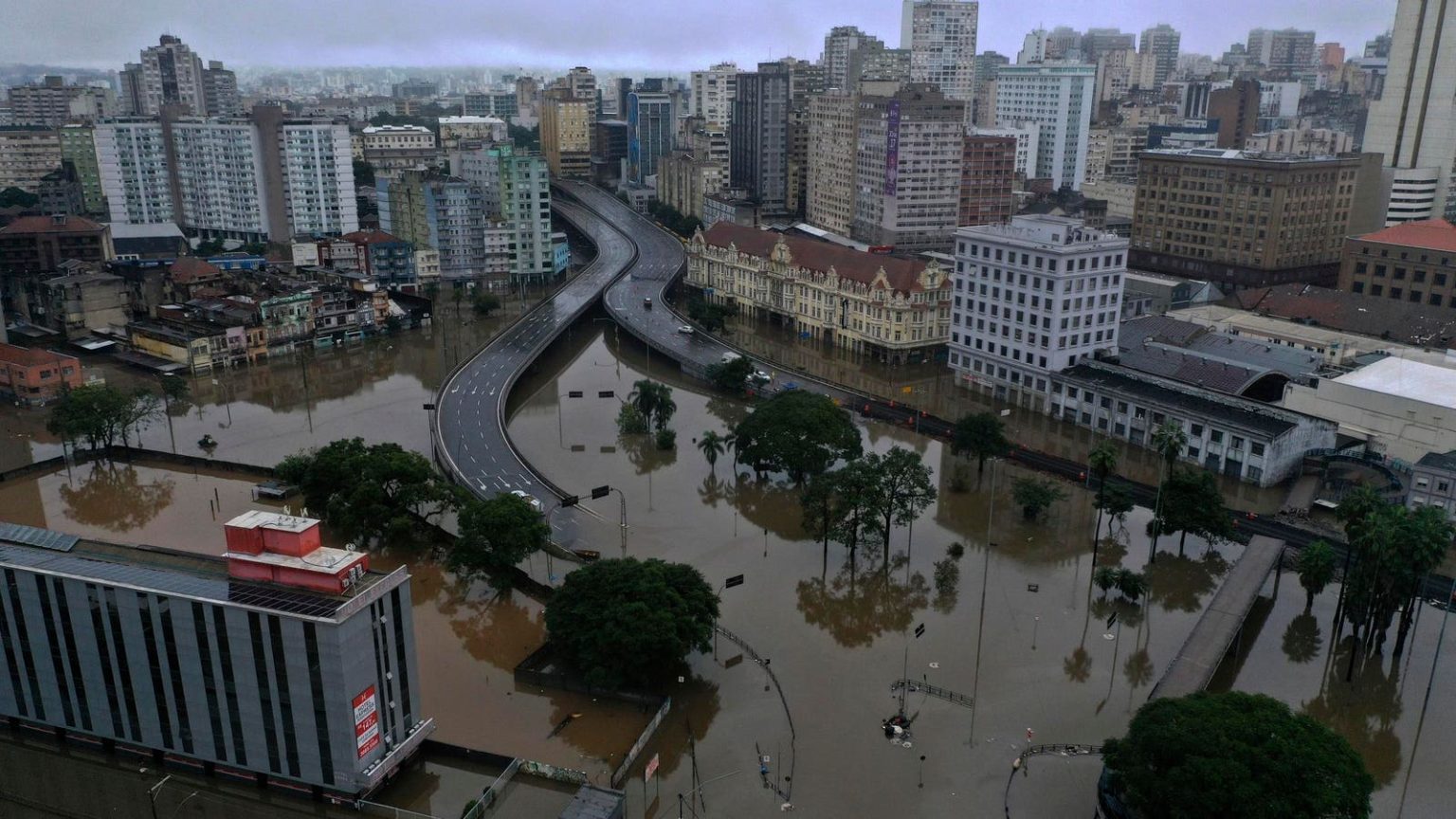The deadly floods in Brazil, Afghanistan, and Indonesia over the weekend have added to the toll of severe storms and flooding that have devastated several countries in the last few weeks. In Afghanistan’s northern Baghlan Province, at least 315 people were killed and over 1,600 were injured in flash floods. UNICEF confirmed that 51 of the casualties were children, with thousands of houses destroyed in Baghlan and neighboring provinces. In Indonesia, floods caused by heavy rain, a lava flow from Mount Merapi, and mudslides killed 37 people and left several others missing in Sumatra.
In Brazil, the flooding in Rio Grande do Sul state has claimed the lives of 143 people, with over 500,000 displaced across 446 municipalities. More than 81,000 residents are currently living in shelters as the state government works to address the humanitarian crisis. The flooding began on April 29 and has continued to worsen with each passing day, leading to the collapse of the 14 de Julho hydroelectric dam on the Taquari River, leaving thousands without power in the region.
The ongoing disasters in these countries have highlighted the urgent need for international assistance and cooperation in responding to natural disasters. With the death toll rising and thousands stranded without basic necessities, the affected nations are in dire need of support from the global community. Efforts to provide aid and relief to those affected by the floods are underway, but more needs to be done to ensure the safety and well-being of the impacted populations.
The frequency and severity of natural disasters like floods are a stark reminder of the effects of climate change and the importance of mitigating its impact. As extreme weather events become more common, it is crucial for countries to adapt and strengthen their infrastructure to withstand such disasters. Additionally, greater efforts must be made to address the root causes of climate change and work towards sustainable solutions that can help prevent future catastrophes.
As the world grapples with the aftermath of these devastating floods, it is a sobering reminder of the fragility of human life and the need for unity and solidarity in times of crisis. The tragic loss of lives and destruction of property serve as a wake-up call for governments, organizations, and individuals to take proactive measures to address climate change and build resilience against natural disasters. Only through collective action and cooperation can we hope to build a safer and more sustainable future for all.












